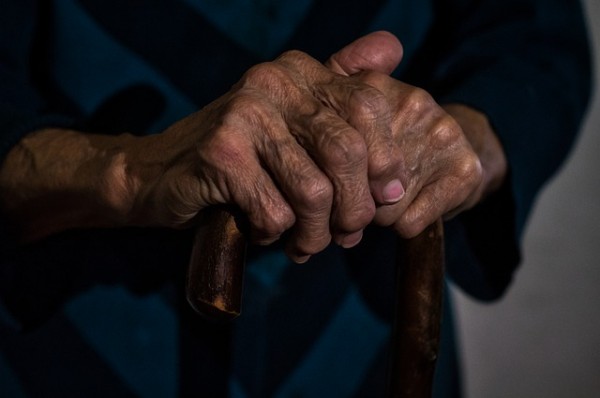The rise in neglect and abuse cases in nursing homes over the course of the Covid-19 pandemic shows just how important it is for you to advocate on behalf of your loved ones. The best way to do so is to be prepared. Know how to select a nursing home for assisted living facility (ALF) and research the facility's inspection history. If you suspect neglect or abuse, remain calm while you gather more information. Be prepared to speak with facility management and authorities, and consider hiring a lawyer.
What You Should Expect from a Nursing Home or Assisted Living Facility
Selecting the right long-term care facility for yourself or your loved ones can be frustrating. You must determine which facilities Medicaid will cover. Confirm that the nursing home meets state and federal guidelines and that residents are treated well. The Illinois Department of Health provides this checklist and reference site to assist your search for the best long-term care for yourself or your loved ones. Per Federal and State guidelines, nursing homes must do the following for their residents:
-
Evaluate the resident upon admission
Advertisement -
Establish a care plan
-
Implement the care plan
-
Evaluate the care plan to ensure effectiveness
-
Modify the care plan when necessary
Recognizing the Signs of Abuse or Neglect
Most forms of neglect or abuse occur because caregivers either miss warning signs of distress or make mistakes when caring for a resident. Some caregivers become short-tempered, leading to verbal or physical abuse. Residents, not wishing to be a burden on their families (or fearful of retaliation if they complain), often stay silent. Therefore, it is important to recognize the warning signs of neglect or abuse. These can include hygiene problems; unexplained injuries, medical conditions, or changes in medication; a change in behavior; even missing personal effects. For more information about recognizing the signs of abuse or neglect, read here.
Be Familiar with State and Federal Laws
The 1987 Nursing Home Reform Act established federal guidelines for the management of long-term care facilities and treatment of residents, and in 2011, Illinois established guidelines and requirements for facilities that operate within the state. In addition, the Illinois Nursing Home Act also established a Residents' Bill of Rights, mandated a minimum level of skill that nurses and other nursing home caregivers must have for employment, and provided oversight powers to residents' families and loved ones. By familiarizing yourself with these laws, you have greater power to advocate for your loved ones.
Report Suspected Abuse or Neglect to the Proper Agencies
If you notice signs of abuse or neglect, there are several steps you can take. This includes speaking with your loved one privately to determine what is happening and speaking with the nursing home staff and management, which should be willing to work to resolve your concerns. If this does not resolve the situation, it may be necessary to contact the regional Ombudsman, which oversees the county where the facility is located, the Illinois Department of Public Health, or, in a life-threatening situation, the police.
If you or a loved one has been injured due to neglect or abuse, notify the Illinois Department of Public Health's Nursing Home Complaint Hotline at 1-800-252-4343 and then call the Rooth Law Firm today.


